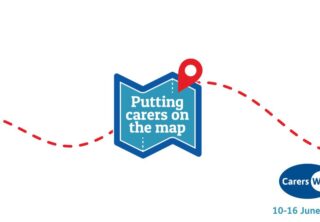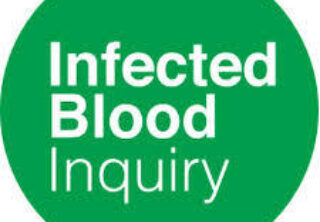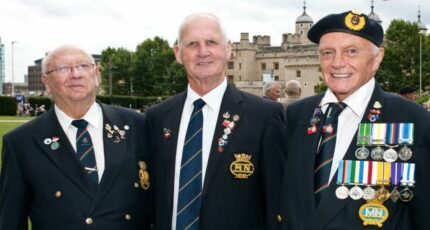Seafarers as veterans: self-recognition and identifying support
The number of older Merchant Navy Veterans requiring social care support may be underestimated, and awareness of the needs of this particular veteran group may be deficient, not least among veterans themselves.
A new report has revealed that the growing number of former Merchant Navy (MN) and Royal Fleet Auxiliary (RFA) crew over 85 years old who witnessed armed conflict often do not identify themselves as veterans, and are inclined to understate physical and mental health problems which often have roots in that experience.
The report, Understanding the Needs of Older Merchant Navy Veterans, has been delivered by Seafarers UK, Nautilus Welfare Fund, and the Institute of Public Care at Oxford Brookes University, and funded through a grant from the Aged Veterans Fund.
Researchers used a combination of surveys and face-to-face interviews with veterans, together with a service review in the Solent region, to identify challenges and make recommendations on providing specialist support for this group and their dependants.
Responses from veterans painted a complex picture of their experience: some had worked exclusively as seafarers, others had undertaken shore side jobs away from the merchant fleet; many more readily identified as seafarers rather than veterans; many had direct experience of conflict in, for example, the Falklands War, while others had a more indirect experience.
As well as a physical toll, Veterans’ lives were seen to be mentally impacted, with respondents and interviewees citing behavioural impacts and flashbacks, while alcohol abuse and dependency showed a significant increase compared with the general population. In spite of this, veterans displayed stoicism and resilience in assessing their own circumstances. Many casework interviewees tended to score their health, finances, or wellbeing highly, whilst clearly struggling with significant challenges in their lives.
The reluctance to identify as veterans – preferring instead to see themselves as seafarers first and foremost – means that when referrals are made to social care services this often occurs when an individual has reached a crisis point, and that the referrals are made through other agencies: there is rarely conscious direct contact between those seeking support as a MN Veteran and health and care organisations.
The report goes on to map out steps Seafarers UK and other maritime agencies can take to plan future services for the growing population of older veterans. These include further work to identify and profile the veteran community; raising the profile of the Veteran status among agencies, and promoting awareness of those support agencies among veterans; and encouraging innovation and improvement in delivering support to meet veterans’ specific needs, alongside support generally relating to ageing.
Read the full report
Understanding the needs of older merchant navy veterans: final report
Related News

Carers Week 10th-16th June
10/06/2024
Carers Week from 10-16 June 2024 will focus on ‘Putting Carers on the Map.’ The campaign gives an opportunity to raise the profile of carers

Admission Avoidance and Community Support
07/06/2024
IPC Visiting Research Fellow Dr Melanie Henwood offers some reflections on hospital admission avoidance and the importance of supporting people in place






